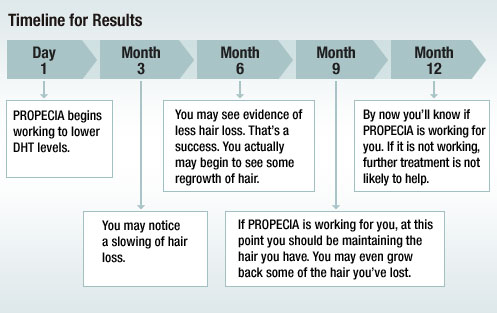Hi Dr. Rassman,
I first noticed a thinning of my frontal hair around April of last year. I am 26 years old Asian male. Hair growth slowed down and the front half of my scalp started to feel thinner than the rear.
In January this year, my dermatologist confirmed presence of early MBP and prescribed me finasteride (Proscar quartered daily). At that time I also started to use Minoxidil 5% nightly. It is now mid-June and I feel like I am still thinning rapidly. The frontal thinning is becoming visible now and I feel all the hairs on the top of my head have gotten much softer than the sides and back, which I suspect is because of miniaturization and the hairs growing thinner.
Its been almost six months. Shouldn’t finasteride have made a dramatic difference by now? Is there no hope? At this rate, I will be bald before I’m 30 and it’s a very, very, very saddening and scary prospect.
How long does finasteride take to show its effects visibly in the hair? I would be happy just to see this hair thinning halt and stabilize.

Here’s a graphic I grabbed directly from Propecia.com that might help —

So really, the value of finasteride takes at least a year to see, and I’d say the full benefits may take 2 years to see. Some people might see less hair loss around the 6 month mark, but hair grows out at 1/2 inch per month… so after 6 months the hair that is 3 inches long will have just started to be exposed to the drug when it was formed.
Please understand these facts:
- There is no cure for genetic male pattern hair loss. Medications such as Propecia (finasteride) and Rogaine (minoxidil) help, but neither will stop hair loss completely or forever. For some men the medications can dramatically slow the progress, but eventually your genetic predispositions will win out.
- The front hairline is very difficult to treat with medication alone, as Propecia and Rogaine are not officially recommended for that area since it really doesn’t seem to help in clinical studies. Many patients still use these medications in hopes they’ll help that area a bit, and in some patients it may actually help to some degree.
